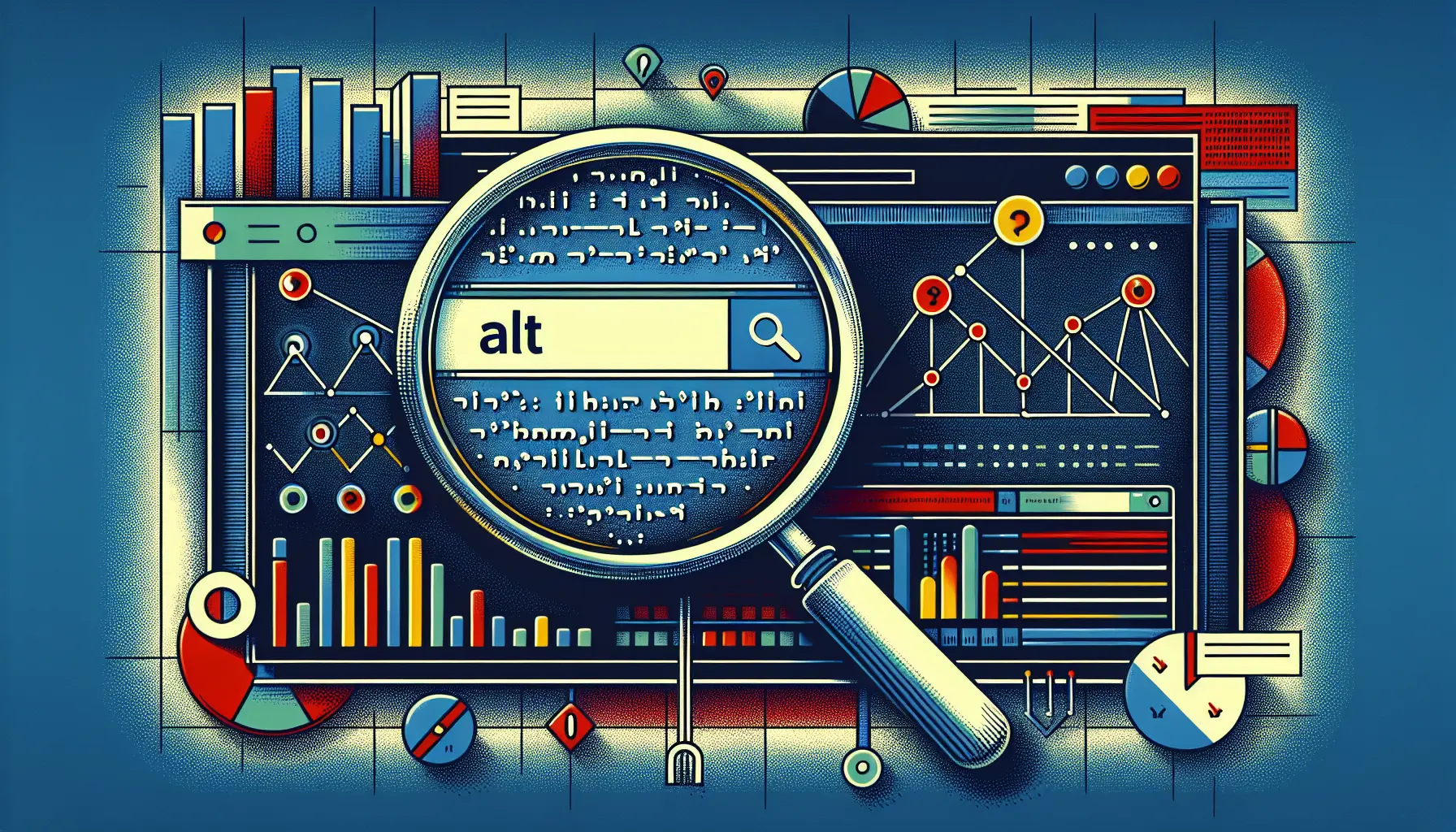How Google Search uses AI
When it comes to adapting SEO strategies in today’s digital landscape, understanding Google’s AI is crucial.
Gone are the days when simple keyword stuffing and backlinks were the holy grail of search engine optimization. Google’s AI evolution has shifted the paradigm, demanding more sophisticated and user-centric approaches.
Google’s AI Evolution
Google’s AI journey began with RankBrain in 2015, the first AI system capable of understanding the relationship between words and concepts. This innovation allowed Google to answer user queries accurately even when exact keyword matches were missing. In 2018, Neural Matching further refined this capability, enhancing Google’s understanding of complex queries and ensuring that users were connected to relevant pages, regardless of the specific wording.
Then came BERT in 2019, a major leap forward. BERT improved the comprehension of the relationship between multiple words within a sentence, crucial for entity recognition and the possible foundation for future generative AI functionalities. Meanwhile, DeepRank, which essentially applies BERT to ranking, began to replace RankBrain.
The most powerful addition so far has been MUM (Multitask Unified Model) in 2021. Described as “1,000 times more powerful than BERT,” MUM can understand and generate language as well as process text and images. This AI model allows Google to offer deep, nuanced insights, as seen in its accurate and current updates on COVID-19 vaccine information. Pandu Nayak of Google illustrated MUM’s prowess by explaining that it can highlight, for instance, how hiking conditions on Mt. Fuji during fall might necessitate a waterproof jacket, by comprehending and synthesizing broad and deep relationship data about the environment.
The Impact on SEO
These advancements in AI signify a sea change in SEO practices:
- From Answers to Journeys: With AI, Google now aims to understand user intent and context deeply, observing how users interact with content over time. SEO strategies should therefore cater not just to immediate answers but to holistic user journeys.
- Focus on Expertise and Experience: Google’s AI is increasingly adept at evaluating content quality, author expertise, and source reputation—akin to a human touch. As such, demonstrating high levels of expertise and reliability becomes paramount.
- Holistic Content Strategies: SEO now requires a focus on creating content that is not only high quality but also meets user needs, showcases expertise, and aligns with Google’s evolving comprehension of user journeys.
Actionable Insights for Modern SEO
- Think Beyond Keywords: SEO should now emphasize user intent and context, delivering valuable information across the user journey rather than just focusing on keyword optimization.
- Establish Expertise and Authority: Brands should highlight their expertise through thought leadership, data-driven content, and collaborations to build authority and trustworthiness.
- Optimise for Engagement: Encourage user interactions such as comments and shares to showcase content value and foster trust with both the audience and search engines.
Conclusion
As Google’s AI continues to advance, SEO professionals must keep pace by evolving their strategies. By embracing an understanding of how Google’s AI interprets and ranks content, businesses can design their SEO approaches to meet the needs of both search engines and users.
This alignment not only enhances search visibility but also propels online success in an increasingly AI-driven world.










